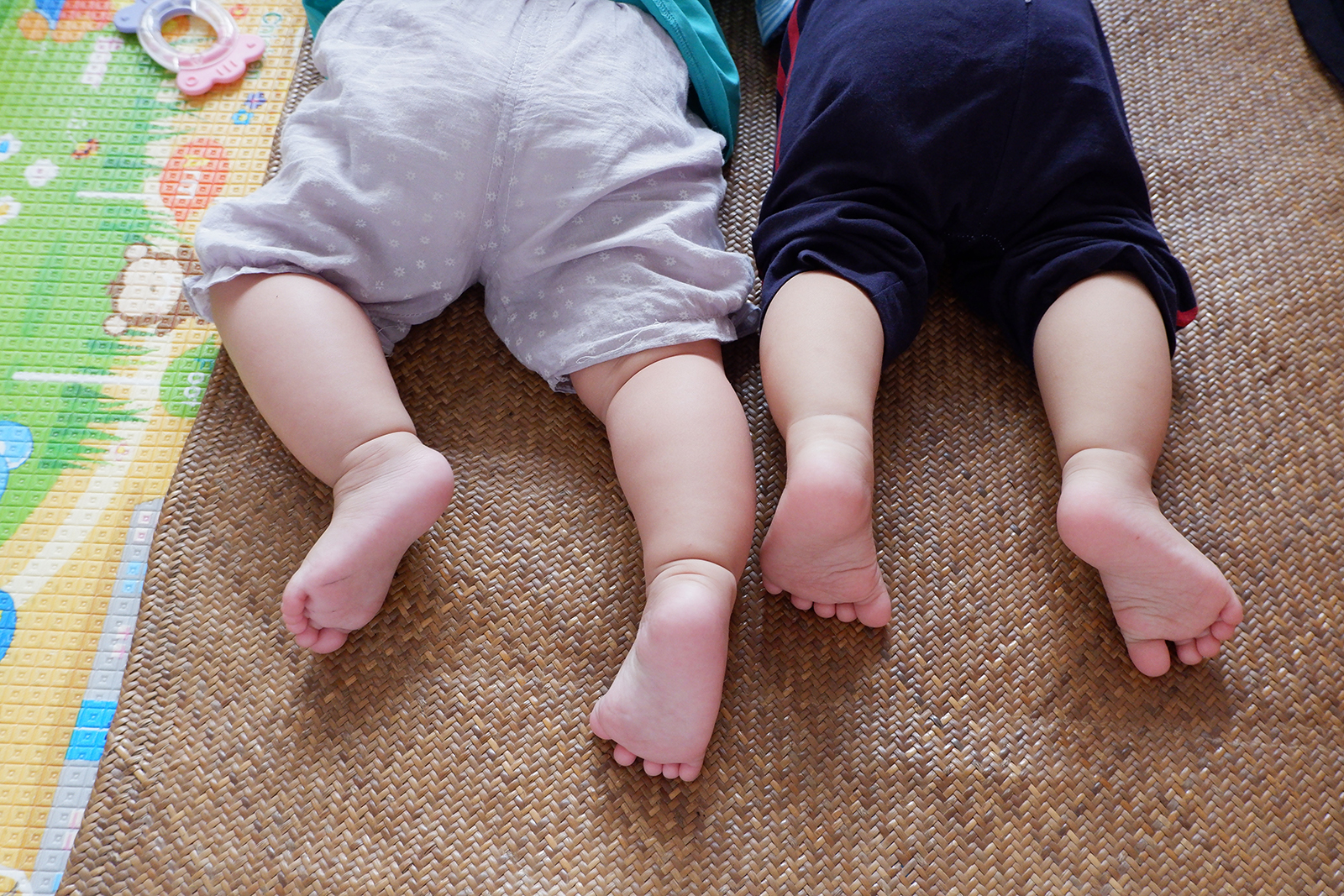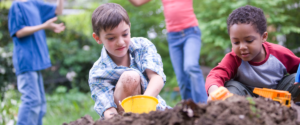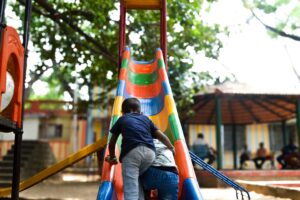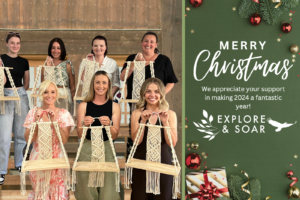
THE IMPACT OF RELATIONSHIPS ON SOCIAL DEVELOPMENT
Over the last few months, I have seen a consistent theme emerge with clients and families within our communities, centered around personal health, well-being and relationships.
As we are focusing on the importance of mental health this year, I thought it would be good to talk about the impact of relationships on social development – especially in that of our children in their early stages of life.
Modern life seems to be filled with more stresses as humanity progresses. From a social emotional perspective, as a society, many of us are struggling. Our emotions are high, and we are feeling anxiety and uncertainty more than ever before. Once felt, this stream of thought and instability transfers to all aspects of life. But what if I told you that there is an intervention model designed by a psychologist, Stanley Greenspan that acknowledges our emotional social development and how it stems from relationships developed soon after birth? As health professionals we can use this model to support our families, both parents and children in developing the skills to maintain healthy relationships from the first 3 months of life! At Explore and Soar, we reference this model and use it as a guide in our intervention sessions. It is called the DIRFlootime Model; a Developmental, Individual Differences and Relationship based model that acknowledges each child’s unique differences and uses relationships and connections to establish a strong emotional social connection to further enhance development. This model is integrated into our sessions by following the child’s lead and adapting their ideas to enhance these skills through play.
So why DIRFloortime?
Well for us it aligns perfectly with our core values and supports our ability to develop connections and relationships with all our clients. But most importantly, it is an intervention model that acknowledges the emotional social development from birth into our adult years. It allows us as clinicians to work through developmental milestones from an early age. It is also a model firmly based on parent coaching; supporting our client’s parents/carers to further develop the skills needed to support healthy relationships.
So how can we support our communities and families in developing these skills from birth to increase emotional development, resilience and social engagement, in order to avoid seeking intervention at an older age? This is done through awareness, education and acknowledging that the first months up to two years of life are of great importance when developing healthy relationship skills.
In the first 3 months of life the foundational skills of regulation begin. This is the beginning of co-regulation between the parent and child and fosters shared attention; where the baby can seek the mother’s attention and they respond or vice versa. This then becomes the child’s foundation to a secure attachment. Attachment between the caregiver and the baby. The start of co-regulation is around the caregivers/mother’s ability to understand the baby’s wants, needs and desires. It’s the ability to answer cues and answer questions like are they hungry, uncomfortable, do they require a nappy change or are they in fact tired? The connection and relationship is based on love and learning to soothe the baby, creating a positive experience and strong connection. This ability comes from the baby having their own unique cries or cues to indicate to the mother or caregiver what they need. This is where the baby and caregiver become entrained with one another forming a bond; the foundations to co-regulation.
In an ideal world this seems simple, easy and realistic. However, every baby enters this world differently, every mother has a different experience and every baby has different sensory processing capacities that then impact their own biological rhythms. There simply is no one size fits all when it comes to taking care of an infant.
As a new baby comes into the world, parents are presented with an array of challenges. Difficulty sleeping, reflux and feeding concerns, high stress births, babies being unable to settle or babies that simply do not enjoy being touched or soothed. These difficulties that arise for every parent, have a flow on effect with little to no sleep, stress, anxiety, self-blame and hormonal changes being merely a few of the impacts on our parents. This too then has an affect on the relationships that surround mum and dad, including their relationship with one another.
This is all normal. But why don’t we talk about it more? Why do we gloss over the early stages of parenthood and try to make it look as easy as possible to the outside world? I remind my clients and friends that as parents, you simply are NOT a failure for not being able to soothe your baby. The only way you will ever fail is when you stop trying to understand your child. It is about asking questions and seeking medical advice when required, but also not being afraid to ask for help from your family and friends.
It takes a village to raise a child.
As OT’s we provide an extra level of support to parents, children and families. We understand and work with children in motor movement patterns at a young age to support their discomfort and the development of their sensory systems, including their sleep-wake cycles. We have the skills and ability to discuss with you your routines and support in identifying cries and ability to connect with your babies. We also acknowledge where other health professionals’ unique strengths can provide positive impacts for you and your child. But most importantly for us, our skills lie in the development of connection. We look to support our parents/caregivers by building the skills to interact, laugh, smile and play together with your child from a young age. We work with you to build upon the ability to co-regulate emotions, to keep you calm in challenging circumstances and to be present in order to assist in the soothing and engagement of your child.
If you have any questions around the foundational skills of co-regulation and shared attention please don’t hesitate to reach out. The first three months with your baby’s life is the starting point to all engagement, self-regulation and social skill development for life. My hope is that in having these conversations, we will increase our ability to ask for help when needed. We will foster strong, resilient children who have confident, calm parents who are a little kinder to themselves in challenging circumstances. If we make an effort to start from birth, we can positively impact the mental health of our children as they get older. I know I’d love to see our children’s quality of life, self-esteem and love for themselves be greater in future generations.
In our socials this month we will go through some examples of challenges and strategies that can help to support you. Take a look at our instagram or facebook to see more. Please don’t hesitate to reach out if you need a helping hand or would like further information on how we could help you!
Until next time,
Jess
ORIGINALLY PUBLISHED APRIL 7, 2021






Leave a Reply